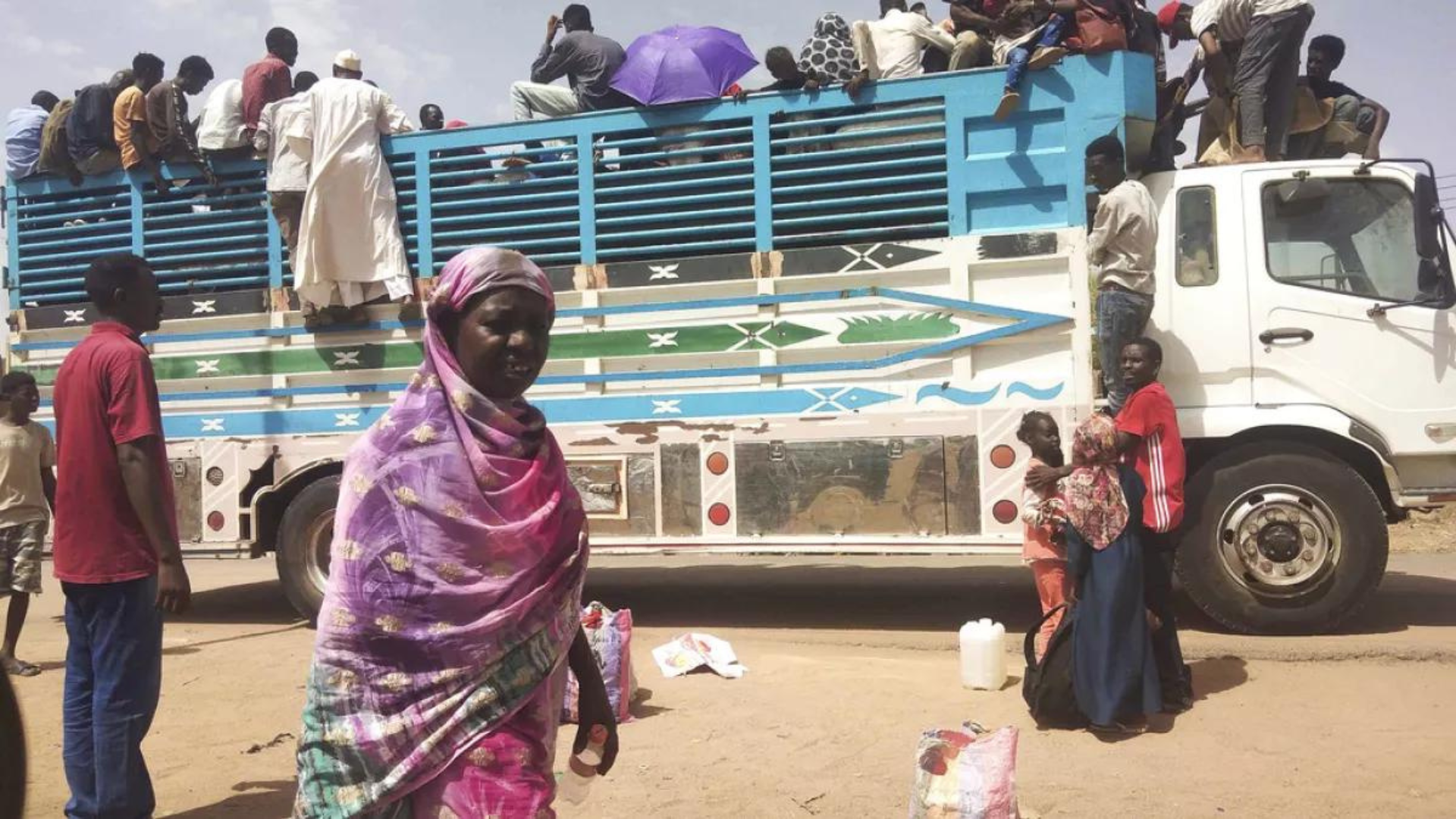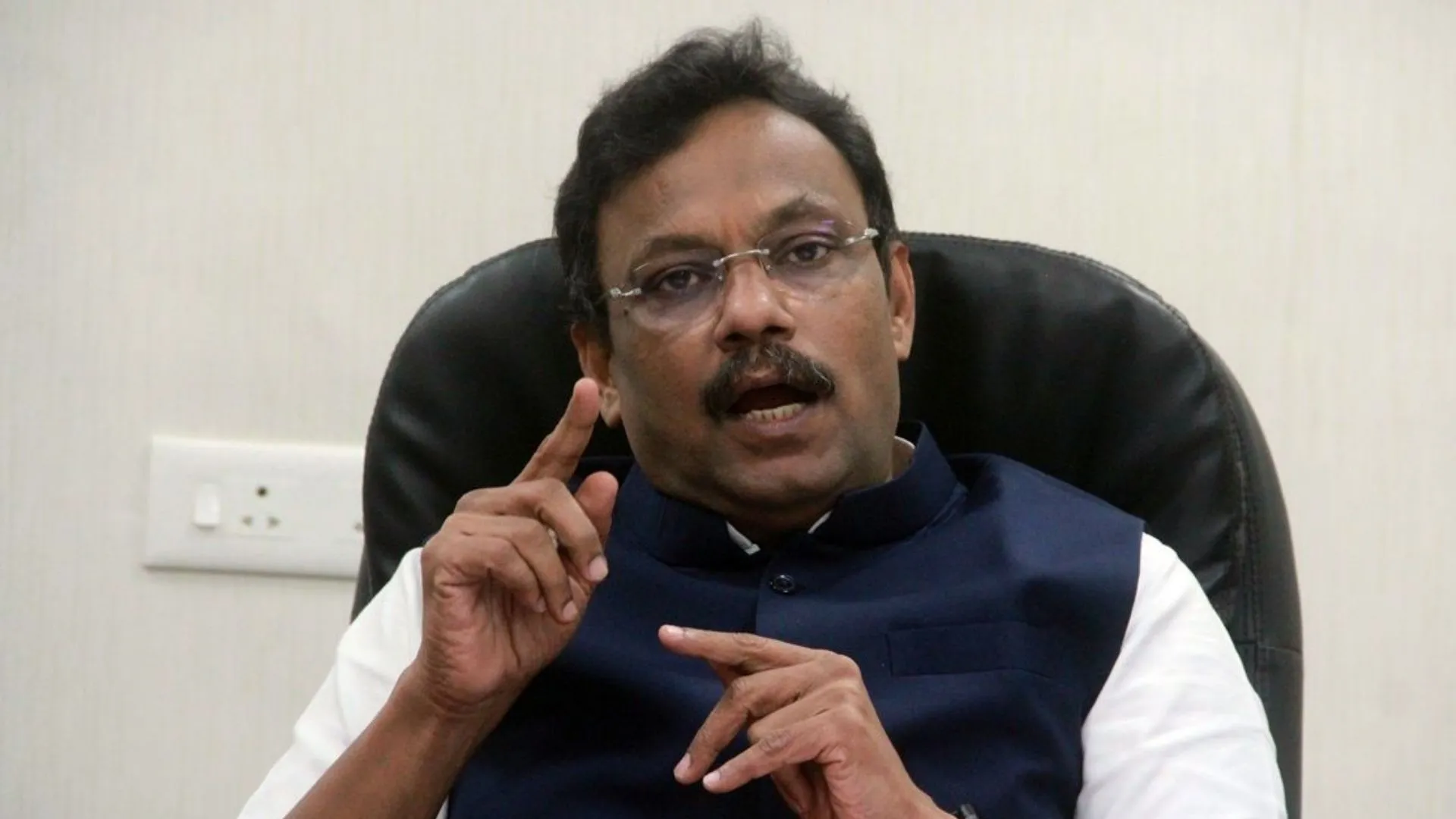In light of the ongoing violence in Sudan, the United Nations Security Council has issued a call for a ceasefire during the Muslim holy month of Ramadan, aiming to facilitate aid delivery to 25 million individuals urgently requiring food assistance as the humanitarian crisis reaches a critical point, according to a report by Al Jazeera on Saturday.
The resolution, initiated by the United Kingdom, garnered support from 14 of the 15 council members, with Russia choosing to abstain. The resolution appeals to “all conflict parties to pursue a lasting solution through dialogue.”
Since April 15, 2023, Sudan has been embroiled in conflict, with forces led by General Abdel Fattah al-Burhan clashing with the Rapid Support Forces (RSF) under General Mohamed Hamdan “Hemedti” Dagalo, resulting in tens of thousands of deaths, displacing 8.3 million people, and severely damaging the nation’s infrastructure and economy.
The UK’s deputy ambassador to the UN, James Kariuki, called on the Sudanese Armed Forces and the RSF to heed this global plea for peace and to cease hostilities.
The resolution demands an immediate halt to fighting ahead of Ramadan, a period devoted to fasting, prayer, and reflection for Muslims globally, and insists on “unhindered” humanitarian access throughout the country.
It also voices serious concern about escalating violence and the dire humanitarian crisis, with acute food insecurity reaching crisis levels, especially in Darfur.
UN Secretary-General Antonio Guterres, echoing the call for a cessation of hostilities during Ramadan, highlighted the threat of the conflict to Sudan’s unity and the potential for extensive regional instability.
The African Union has similarly endorsed a pause in combat for Ramadan, which is set to begin around Monday, contingent on lunar observations, as per Al Jazeera.
While General al-Burhan has shown support for the UN’s appeal, the Sudanese Foreign Ministry outlined conditions for an effective ceasefire, including the withdrawal of RSF forces from captured regions, with no response yet from the RSF.
Moreover, UN humanitarian chief Martin Griffiths emphasized the necessity of improved access for aid in Sudan, regardless of a ceasefire. He highlighted that half of the country’s population requires assistance, with nearly 18 million people facing the risk of famine—a significant increase in food insecurity compared to the previous year.
The UN’s humanitarian plan for Sudan in 2024, valued at USD 2.7 billion, is presently only 4 percent funded, underscoring a desperate need for financial support to address the crisis. “We have no money,” stated Griffiths, underlining the urgency of bringing attention and aid to Sudan.
















